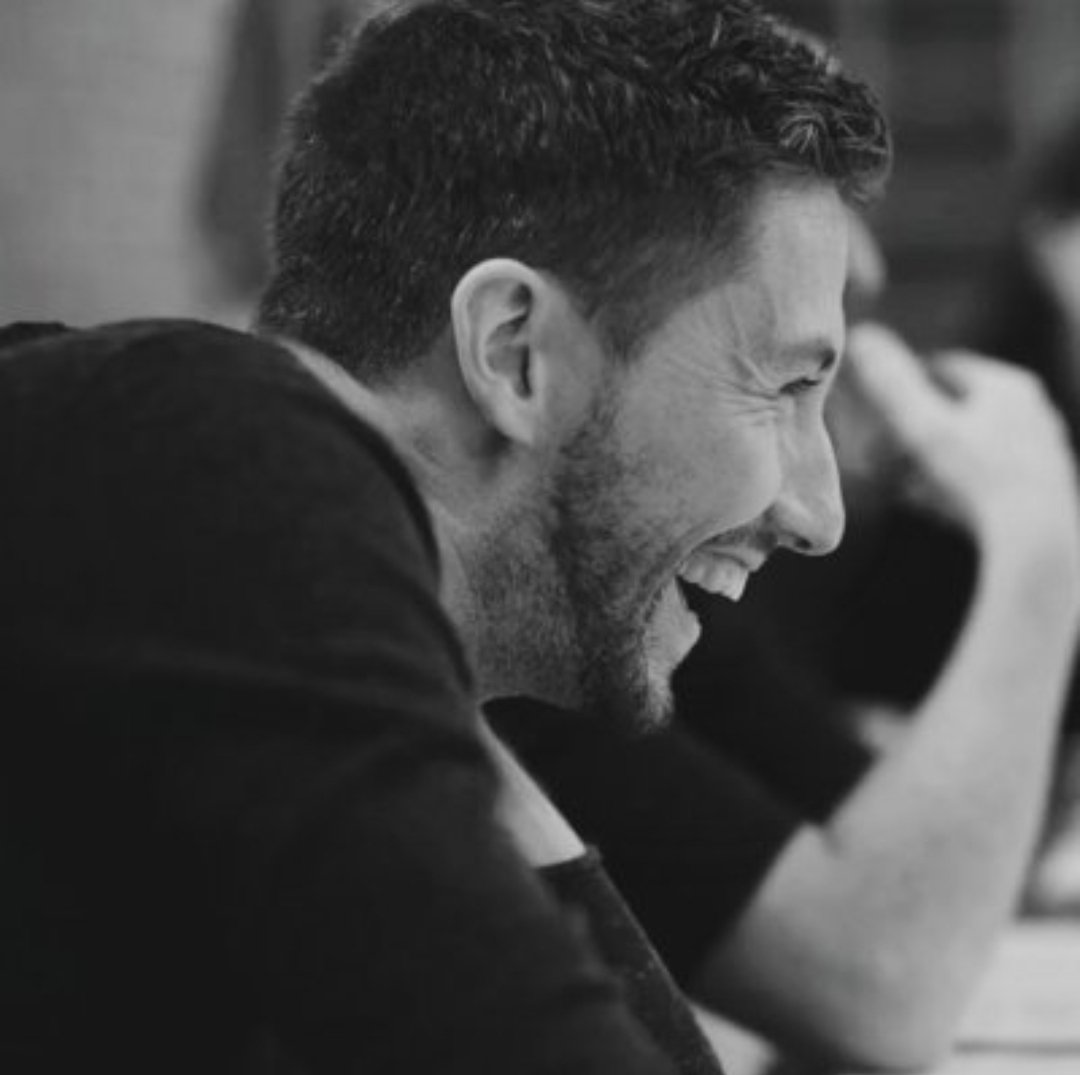Self-Taping Tips
by Shaun Blaney
Since lockdown I’ve been working in between acting jobs as an online ‘performing for screen’ tutor for MN Academy London (part of Middleweek Newton Actor’s Agency). Classes are usually on zoom, sometimes mercifully in person, and aimed at students with little or no formal drama school training (I don’t have any either, so happy days). Term one is about honest on-camera performance, and term three is audition and self-tape technique.
Teaching has been one of the biggest benefits to my own acting approach. I can see how there are many roles that I’m just not the best candidate for, and that despite my best efforts directors might want to go in a different direction. There’s no shame in that. I also see that a lot of the time when actors go wrong it’s usually coming from a place of fear; in not knowing the facts, in getting into their own heads, in over-compensating as they act their hearts out in their bedrooms.
Without teaching many lovely and talented people how to suck eggs, here are some notes that I repeatedly give to my classes that may prove useful for your next self-tape.
Shaun Blaney: actor, acting coach & tutor.
Get your home set-up down so that you are as comfortable as possible with it. The faster you can throw up your gear without having to think about it, the more like a performance space that area will become (for those of us living with our significant others, it’s important for harmony this can all be easily taken down and put away).
Concentrate on the facts in the scene and only the facts to begin with. For me the facts are Five W’s:
Who is in the scene? That’s everyone mentioned, not just your character or the person you are talking to. Are there any clues in the text or character descriptions in the email which inform you of your relationship to each person?
Where are we? Talking in a crowded diner is different to talking in a library. Different rooms have different performance possibilities. For example, an interrogation room may have a mirror or a clock on the wall. Is there a picture of the room beyond the camera you can paint for the viewer with just your eyes?
When are we? 2am is different to 2pm and comes with its own dangers and decisions.
What are we talking about? What is the scene about? Namely what does your character want at the top of the scene? Note that this Want can change and probably should change over the course of the scene, depending on whether your character is successful in their goal.
Why? Easily the most important question and one that can be asked as many times as possible. For example, “Why a café instead of an isolated area?” There are performance possibilities in almost every aspect of the story. The more you ask Why in your prep the more options you have to play with later.
Next, increase the stakes. Make it as difficult for your character as possible. For example, if you are attracted to another person in the scene, what if it's first love? REAL love?
Casting directors want to see you change over the course of the scene. The audience wants to see you learn something. Every scene should move the hero’s journey forward, so whether you’re the lead or their antagonist, or the receptionist they encounter, somebodies got to change and it’s better if it’s you.
The last thing I would say is have fun with it. You’ve already got this audition and are considered right for the part, so enjoy it. If you have fun the audience can have fun. And in the nicest possible way, it’s all about them.
Shaun is a drama graduate of Queen’s University Belfast. He is a private acting coach and online tutor for MN Academy London. Recent best actor nomination at the Irish theatre awards 2022 for his one man show In the Name of the Son.
